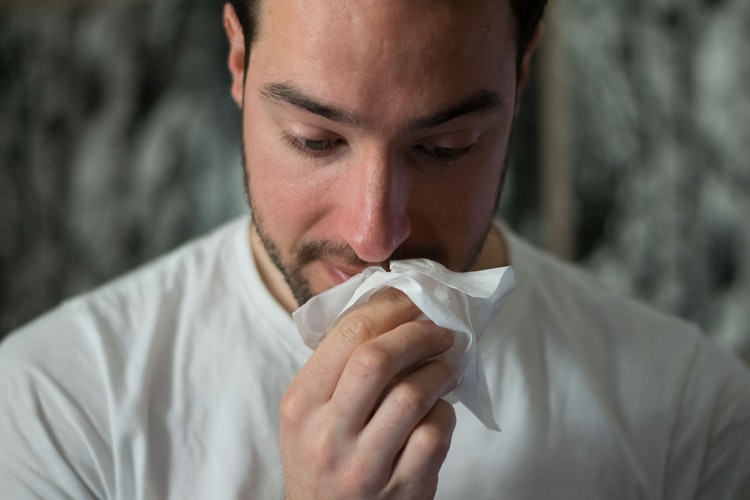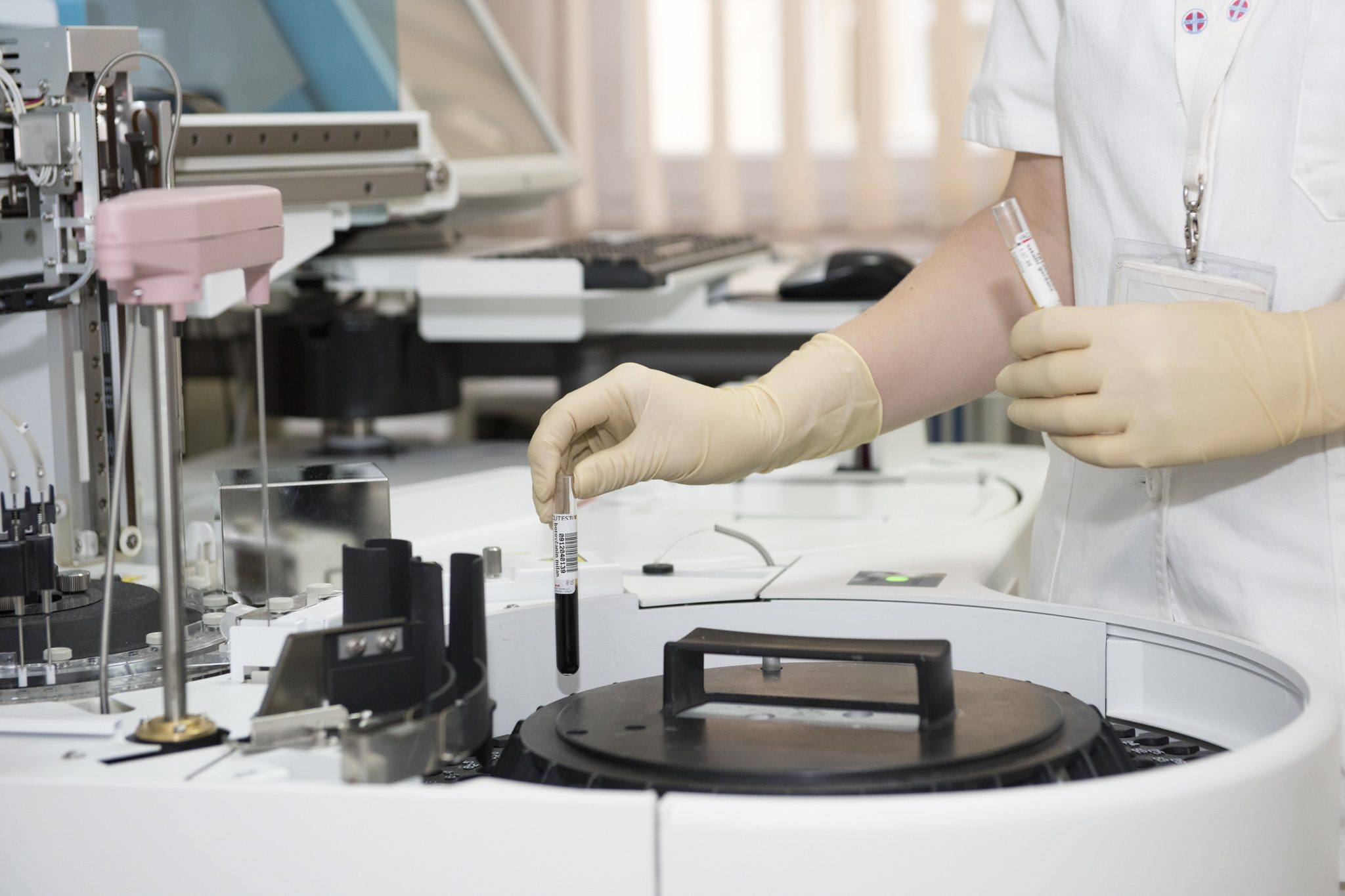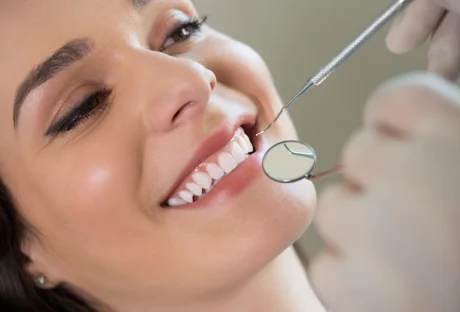We’ve all had times when we’re under the weather and have to call in sick from your office. However, after such a tough 18 months or so due to a global pandemic, economic and political uncertainty, civil unrest, and more, many of us face more physical and mental illnesses leading to the need for time off work and calling in sick from the duty.
If you worry about what consequences could arise for calling in sick or how to do so in the most appropriate manner, here are tips to follow next time you need to have that conversation with your boss.
5 Tips For Calling In Sick From Your Work
Your message(s) may need to communicate urgent work information, too. You may need to let people know how to handle a time-sensitive matter or how to locate documents or other information. Giving the team the necessary data will show you respect your responsibilities and the needs of the company
Here are five tips for calling in sick from your work:
1. Know What You Can Take a Sick Day For
It’s helpful if you’re clear about what you can feasibly take a sick day for within your company. Ideally, read up on your firm’s policies regarding this matter before you end up unwell. In general, though, people are advised to avoid going to work if they could be contagious. Bad migraines, flu, food poisoning, and the like are also things it’s valid to stay home for.
Also, some employers have policies regarding calling in sick family members that mean staff members can take days off if they need to be at home to look after unwell children, parents, etc. Check the HR policies for your company to see if there’s a formal policy in place around this topic.
you may go through: How to Increase the Safety of Your Employees
2. Understand the Procedure to Follow
You should know how to calling in sick in a way that’s effective for your employer. Understand the procedures put in place so you can go straight to the right person and communicate the necessary things in the desired way.
Some firms need employees to contact the human resources department or submit a form online, while others, especially smaller ventures, will have unwell team members call their direct supervisor or the business owner.
The contact method depends on the company and the person you need to inform about your condition. Often people expect a phone call, but some managers who are on email often and get distracted by calls prefer short email communications or even text messages. Plus, some companies also have intranet setups where you can advise if you’re sick online.
If there aren’t any hard and fast rules in your company, consider how, when, and where people work and what communication method might suit best. Generally, though, a phone call tends to be your best option if you’re unsure.
3. Don’t Delay To Inform
Businesses need to know ASAP that employees can’t come in. They need to redirect resources and make plans for how else tasks may get completed that day. As such, don’t delay when informing your organization of your health complaints.
Make contact as soon as you’re able, though do wait until a reasonable hour in the morning, so you don’t wake people. The more notice you give your manager and colleagues, the easier it will be for them to cope without you, and the less likely it is that they get annoyed about your absence.
You may go through: Can an Employee Claim for a Personal Injury When Working From Home?
4. Be Concise And Clear
When letting people know you’re sick, be concise and clear. Don’t feel like you have to waffle on justifying your calling in sick, as excessive explanations make it seem like you’re faking the illness. Be brief and direct, and keep the language and tone of messages professional.
Provide enough details to explain you can’t come in and, if you know, how long you might be off work. Convey urgency but also keep your privacy where you want. You do not have to give your employee detailed information about what’s wrong with you.
5. Consider Paperwork
Depending on your organization’s policies, you may need to submit some documentation to your boss or an HR manager upon your return to work. Many companies require employees to obtain evidence of their calling in sick, especially when people need to take many days off in a row.
You may need to contact a health practitioner for an urgent care doctor’s note that indicates your health condition, how long you’ll be absent, and if you require any work changes (such as shorter hours or altered equipment) when you’re back. You might need to show your employer a police report if you were in a car or other type of accident or a hospital or clinic admission report for surgery.
Conclusion:
None of us like feeling under the weather or having to let our supervisors know we’re unable to work. However, if you go about calling in sick in a responsible manner, you shouldn’t have anything to worry about and can concentrate on getting well, instead.
Read Also:

























